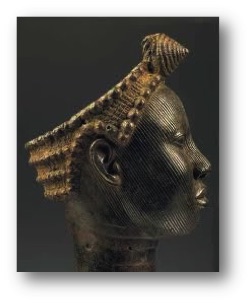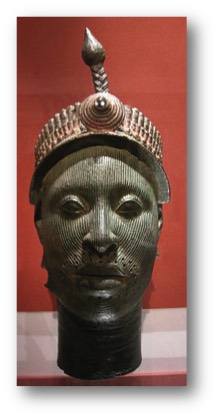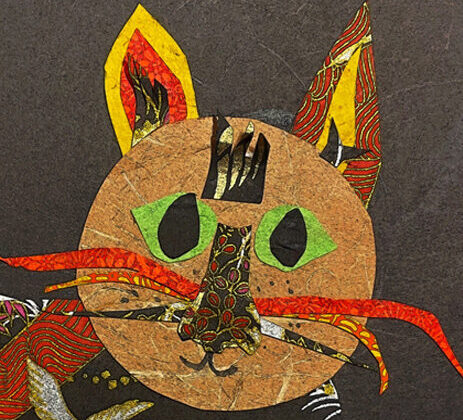Gary LeBel
A Bit of Traveling
I. The Case for Dreaming
She’s pressed hard by the fierce December wind: the contrabass she’s lugging, dressed in its zippered case, is a sail that drives her forward and sets her occasionally spinning.
A contrabass. I wonder about that as I leave Athens, Georgia, for the miles of fields and forest and one-light towns along the way to Augusta.
Yes, I muse, she’s grown up listening to all the greats, to Paul Chambers, Jimmy Garrison, Ron Carter, Charlie Haden, to Dave Holland and Stanley Clarke, to the inimitable Mingus. In fact, she may have already achieved her signature tone, a deep velvety bottom the bones like best, the unstoppable engine that drives an ensemble forward like a freight train,
and that tone and perfect pitch, so hard to master without frets, how it must ring through the resonant wood and into one’s fingers like a lover’s touch, or holds within its power a voluminous last-held note of Paul Robeson,
or maybe it’s the drift of the classical that’s stolen her heart, a dream that came bounding out of the anguish of Górecki’s Third one night with its slow rolling thunder of basses,
and perhaps tonight she’ll sequester herself in her room to master her part in a string quintet she’ll perform with her classmates at Christmas, the violist, her best friend from the age of six.
And she’s the measure of her instrument, a tall willowy Masai cloaked in a Navy-blue hoodie, her face shining out of it, as beautiful, proud and confident as a Yoruba bronze . . .
and I’m so crazy with hope for her and what she might become that I’m suddenly flying over the city named for Athena on the wings of my wild, unqualified imaginings . . .
but given a choice, after all, shouldn’t we imagine the best in complete strangers instead of passing them by, incurious, without a thought, or worse, with unfounded judgment?

Does a childhood room remember
All the battles you waged for mastery,
The hours you neglected friends,
The means to desired ends you use
To pay homage to a dearer muse?

II. Compass
"Open your eyes,"
the road demands, "for here
you may not pass again;
open your heart, my friend," it says,
"and give all my fledglings space within."
Passing towns with names like “Wetumpka,” “Goodwater,” or even “Mignon”: Goethe in the rural South? On the outskirts of a small town, at just where the speed limit drops, an elder man and woman are down on their knees tidying a grave.
As I cross the Tallapoosa, and then the Coosa, both swollen with recent rain, both red and thick from clayey uplands, they swirl wild and reckless round their bends, battering the squatting, mud-stained legs of concrete county bridges.
Miles on miles of Alabama unroll themselves in flowing carpets of woodland, field and bog. Resplendent, tall and vain, mimosas rupture their shielding thickets with floods of white and purple. The afternoon sun casts long and slender shadow-grids through tracts of southern pine, intricate labyrinths where sunlight wanders lost. The highway’s shoulders are spread with wildflowers white and yellow and sometimes blue . . . and they whisper. . . that I should get lost more often.
About the Author

Gary LeBel is an artist-poet living in the greater Atlanta area whose poems have appeared in journals throughout the USA, the UK, Japan, and India. He believes that art, or anything else worth doing, is a life-long pilgrimage.
